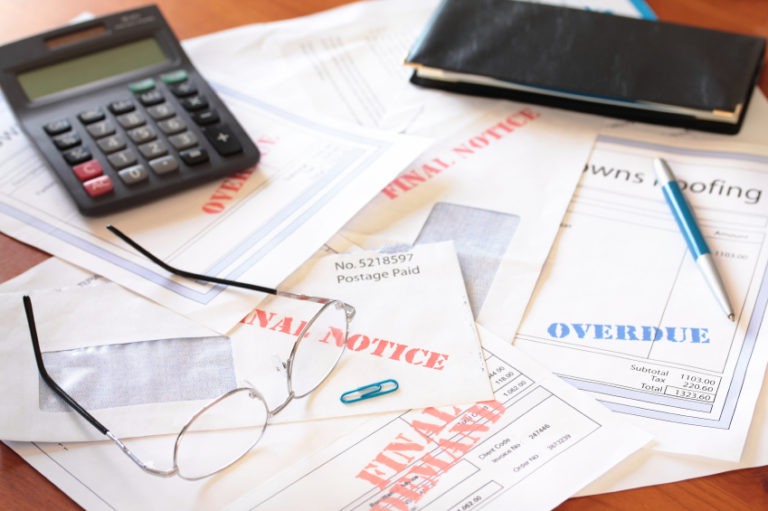In March of 2020, the World Health Organization declared that Covid – 19 had officially become an international pandemic. Life as we knew it, both personally and economically, changed. While the extent of the financial effects varied, almost all consumers experienced some type of economic change. Based on the lessons learned during the “Great Recession” just over a decade before, many mortgage lenders took preemptive steps to prevent loans from going into default. Extending forbearances to home loan borrowers was one of the primary methods of preventing defaults. The forbearance was an optional suspension of payments to be made by the borrower. The loan would not be considered in default, and no late fees or other charges would be assessed during the period of the forbearance.
Without knowing the duration of the pandemic, the initial forbearances were usually for a period between three and six months, with the opportunity to extend them as necessary due to the uncertainty of the duration of the pandemic. These forbearances were offered to homeowners who were already in default, as well as homeowners who were current on their mortgage obligations. A common misunderstanding for some homeowners was that the forbearance was merely a suspension of payments with no future consequences. A loan forbearance did not mean that the missed payments would be pushed to the end of the loan. Instead, all of the missed payments would be due and payable at such time as the forbearance ended, absent some other resolution by the lender.
As some of the forbearances conclude, homeowners are left with several different options. For homeowners who did not suffer any loss of income during the forbearance, they may simply pay all of the missed payments and resume their monthly mortgage payments going forward with no consequences. Other homeowners who were current on their mortgage payments prior to the forbearance but who suffered financial difficulty and will be unable to come up with the suspended mortgage payments will usually be offered some type of loan modification which can “add the missed payments on the back end” or rework the entire loan with new terms. Mortgage lenders are not required to offer loan modifications, but most are willing to do so to accommodate homeowners who have demonstrated a history of being able to make their mortgage payments on time. For homeowners who were already behind on their house payments at the time that they received a forbearance and do not have the present ability to pay all of the suspended payments at one time, they will have to rely on the lender’s willingness to provide an affordable loan modification to keep their homes.
If the lender is not willing to provide an affordable loan modification, and the homeowner does not have the ability to catch up the suspended payments, then the mortgage lender may proceed with foreclosure on the homeowner’s residence. Fortunately, the filing of a Chapter 13 bankruptcy will prevent a foreclosure and allow a Chapter 13 debtor the opportunity to catch up their past due mortgage payments over a period of years, rather than all at one time. the homeowner will then make the regular mortgage payments that come due after the Chapter 13 case is filed. The important thing is not to wait until the last minute. If you are nearing the end of a mortgage forbearance, or if it the forbearance has already ended and you have not been presented with an affordable way to catch up the past due payments, then you should meet with a local bankruptcy attorney to discuss your options.


